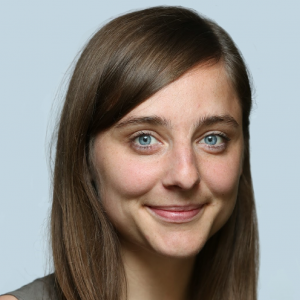At New Harvest, we take seriously our responsibility to reflect on the history and legacy of colonialism, to situate ourselves within it, and to chart a way forward to dismantle ongoing settler-colonial practices.
As a starting place for this work, we’re in the process of developing a land acknowledgment. Rather than a token, inert gesture, we are committed to developing a meaningful practice of honoring the land that hosts us and our distributed communities as a remote-forward organization. Our goal is to create a land acknowledgment that serves as a public expression of a deep-seated commitment to decolonizing our programming, practices and relationships.
We are using this opportunity to consider our personal histories, privileges and motivations to engage in this work, as well as to learn about the past, present and future of the territories that we inhabit. We see this work as a starting point to develop new relationships with Indigenous partners and to deepen our thinking about the ways in which cellular agriculture may open up new possibilities to decolonize our land use and support Indigenous foodways and food sovereignty. Our guiding question: How can we steward this technology in a way that helps us care for the land that cares for us?
As part of this process, we are educating ourselves and seeking guidance from Indigenous advisers. Here is an ever-growing list of resources and sources of inspiration that have guided our thinking so far:
- Land Back: A Yellowhead Institute Red Paper
- United Nations Declaration on the Rights of Indigenous Peoples
- Teachings of Barbara Wall via Buckminster Fuller Institute, Trim Tab Space Camp
- Introduction to Territorial Acknowledgments, a mini-course facilitated by Ta7talíya Paisley Eva via Nahanee Creative
- The website Native Land Digital, which features an interactive map of Indigenous territories and other helpful resources
- The film Gather — “an intimate portrait of the growing movement amongst Native Americans to reclaim their spiritual, political and cultural identities through food sovereignty, while battling the trauma of centuries of genocide.”
- The essay “Beyond Territorial Acknowledgments” by Chelsea Vowel
- The digital land acknowledgment developed by Data & Society through a participatory workshop facilitated by Rigoberto Lara Guzmán and Siera Dissmore
- The approach to crafting a public land acknowledgment modeled by the On Canada Project, which currently reads: “We’re working on developing a land acknowledgment in a way that is holistic and purposeful, instead of performative. We’ll share our progress via our Instagram and update you when we’ve done the work.”
- Rob Houle, independent researcher and law student at Thompson Rivers University
We will update our community with our progress!


